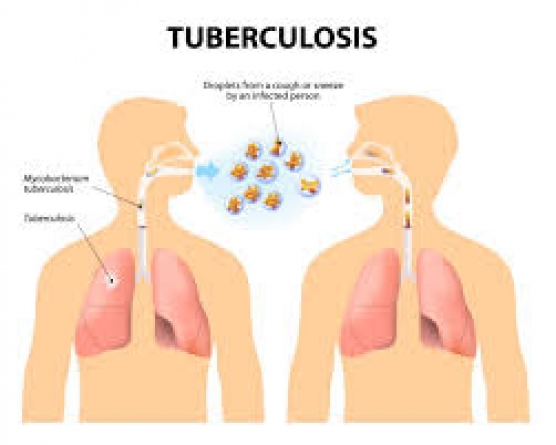
World Tuberculosis Day is observed on 24 March every year, is celebrated to raise public awareness regarding the prevalent of TB and efforts of eliminating the disease. It is a prime opportunity to raise awareness and educate patients about the infectious disease. As per WHO, every day, close to 4500 people lose their lives to TB and nearly 30,000 people fall ill with this preventable and 100% curable disease.
What is TB and how it is caused?
Tuberculosis, commonly known as TB is caused by bacteria called Mycobacterium tuberculosis that affect the lungs. It is spread from person to person with active TB disease, when an infected person cough or sneeze and someone inhale the air or expelled droplets. Diseases such as diabetes and HIV, along with smoking increases the likelihood of Tuberculosis. Factors like poor ventilation, overcrowded dwellings and workplaces, pollution and unhygienic neighborhoods increase the likelihood of uninfected individuals being exposed to tuberculosis infection.
What are the symptoms of the TB
Tuberculosis can also affect other parts of your body, including your kidneys, spine or brain. When TB occurs outside your lungs, signs and symptoms vary according to the organs involved. For example, tuberculosis of the spine may give you back pain, and tuberculosis in your kidneys might cause blood in your urine. Early detection and treatment is key to controlling the spread of TB. It can be diagnosed with sputum examination, chest x-ray along with various ancillary tests.
Once your tests come positive, you must take antituberculous medicines for at least six. The exact drugs and length of treatment depend on your age, overall health and infected area of your body. TB is 100% curable, for that you should take full course, leaving it in between will make your TB relapsed in more dangerous form.
Metro Hospital Faridabad has an excellent respiratory department which deals with the evaluation & management of acute & chronic respiratory diseases such as Asthma and respiratory allergies, COPD, ILD, Lung cancer, Auto immune disorders, sleep related disorders and chest wall disorders. We are routinely doing video assisted bronchoscopy, sleep studies and